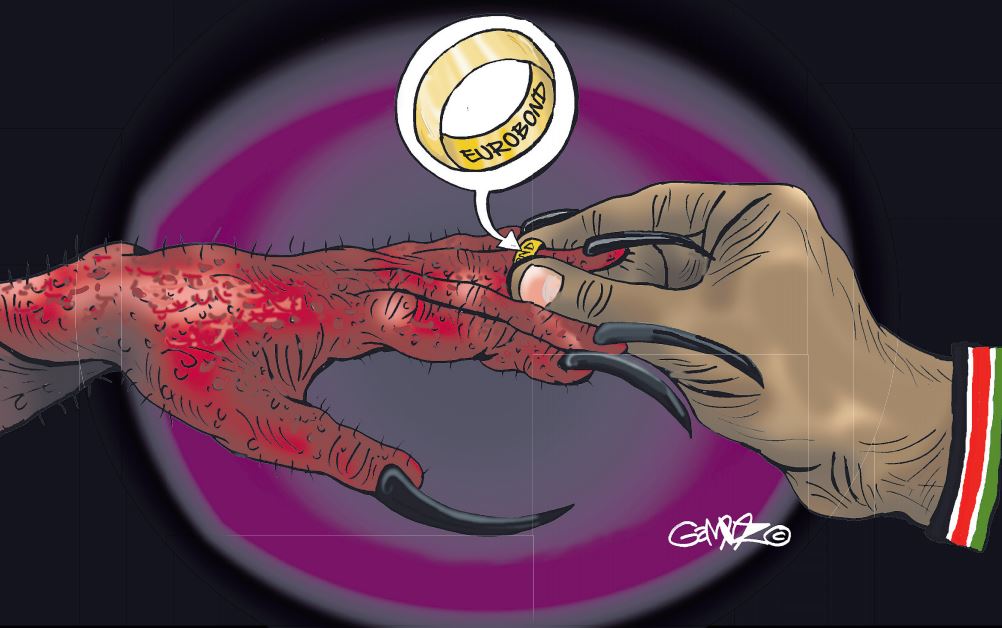×
The Standard e-Paper
Fearless, Trusted News

Two days from today (Tuesday), the Executive Board of the International Monetary Fund (IMF), the highest decision-making organ of the Washington DC-based global lender, will make a decision that might echo through Kenya’s future.